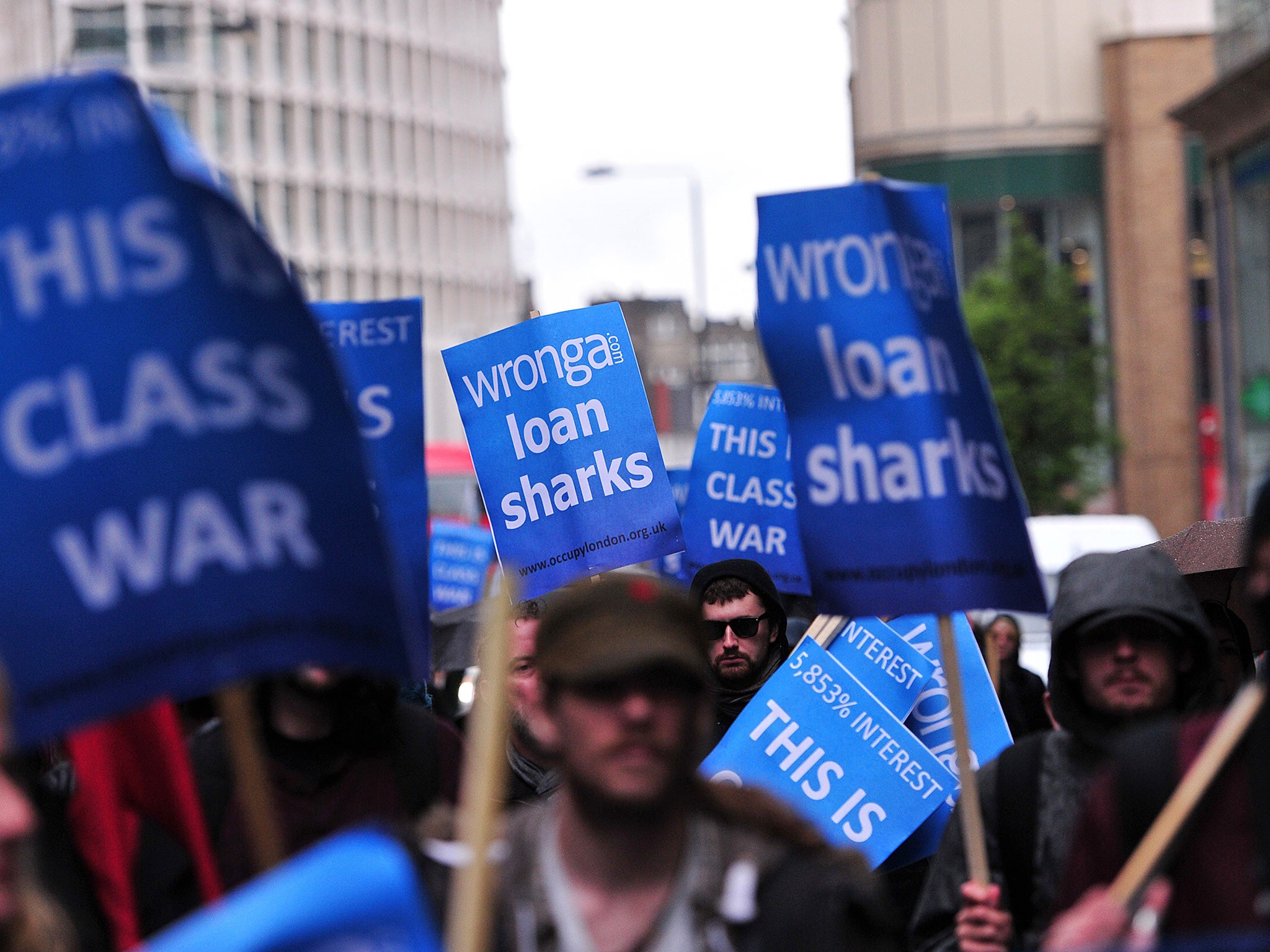Simon Read: 'Wonga has a way to go before it’s working hard for us'
Britain’s biggest payday lender is apologetic about its past

Your support helps us to tell the story
From reproductive rights to climate change to Big Tech, The Independent is on the ground when the story is developing. Whether it's investigating the financials of Elon Musk's pro-Trump PAC or producing our latest documentary, 'The A Word', which shines a light on the American women fighting for reproductive rights, we know how important it is to parse out the facts from the messaging.
At such a critical moment in US history, we need reporters on the ground. Your donation allows us to keep sending journalists to speak to both sides of the story.
The Independent is trusted by Americans across the entire political spectrum. And unlike many other quality news outlets, we choose not to lock Americans out of our reporting and analysis with paywalls. We believe quality journalism should be available to everyone, paid for by those who can afford it.
Your support makes all the difference.Britain’s biggest payday lender, Wonga, is trying to reinvent itself. It has ditched the annoying puppets and launched a new campaign featuring what it calls “hardworking people”. Its new ad, first broadcast in prime time this week, features footage of workers including café employees, farmers and dental nurses.
The company is apologetic about its past. “It is clear that the puppets were inappropriate,” said Tara Kneafsey, the latest managing director at the high-cost lender. Wonga claims it had even been considering ditching its brand, but Chris Bibby, its marketing and brand director, said it would have been “wrong to whitewash it and pretend to be someone else”.
He’s right about that. Wonga became synonymous with the worst excesses of the payday lending industry, with its annual percentage rate of 5,853 per cent and stories of vulnerable people being forced into unaffordable debt. The idea that the firm would even think it could simply sweep that horrible history into the past by changing its name is sickening. The only reason for doing so would be to trick people into thinking it is a trusted lender. It is not and it never will be. The loans it offers remain very costly at the new, lower APR of 1,509 per cent.
It is worth remembering that the only reason that charges have fallen is because the City watchdog – the Financial Conduct Authority – forced payday lenders to do so. Under new rules introduced in January, they cannot charge more than 0.8 per cent in interest a day, and the fees and charges cannot be more than double the original loan.
Wonga said it would go further than these requirements by introducing a 24-hour “cooling-off period”, when a borrower can change their mind and return the loan at no cost, and a three-day grace period before it imposes a £15 penalty for late payment. It’s a good move – but not enough to convince me that Wonga is good for us.
s.read@independent.co.uk
twitter: @simonnread
Join our commenting forum
Join thought-provoking conversations, follow other Independent readers and see their replies
Comments